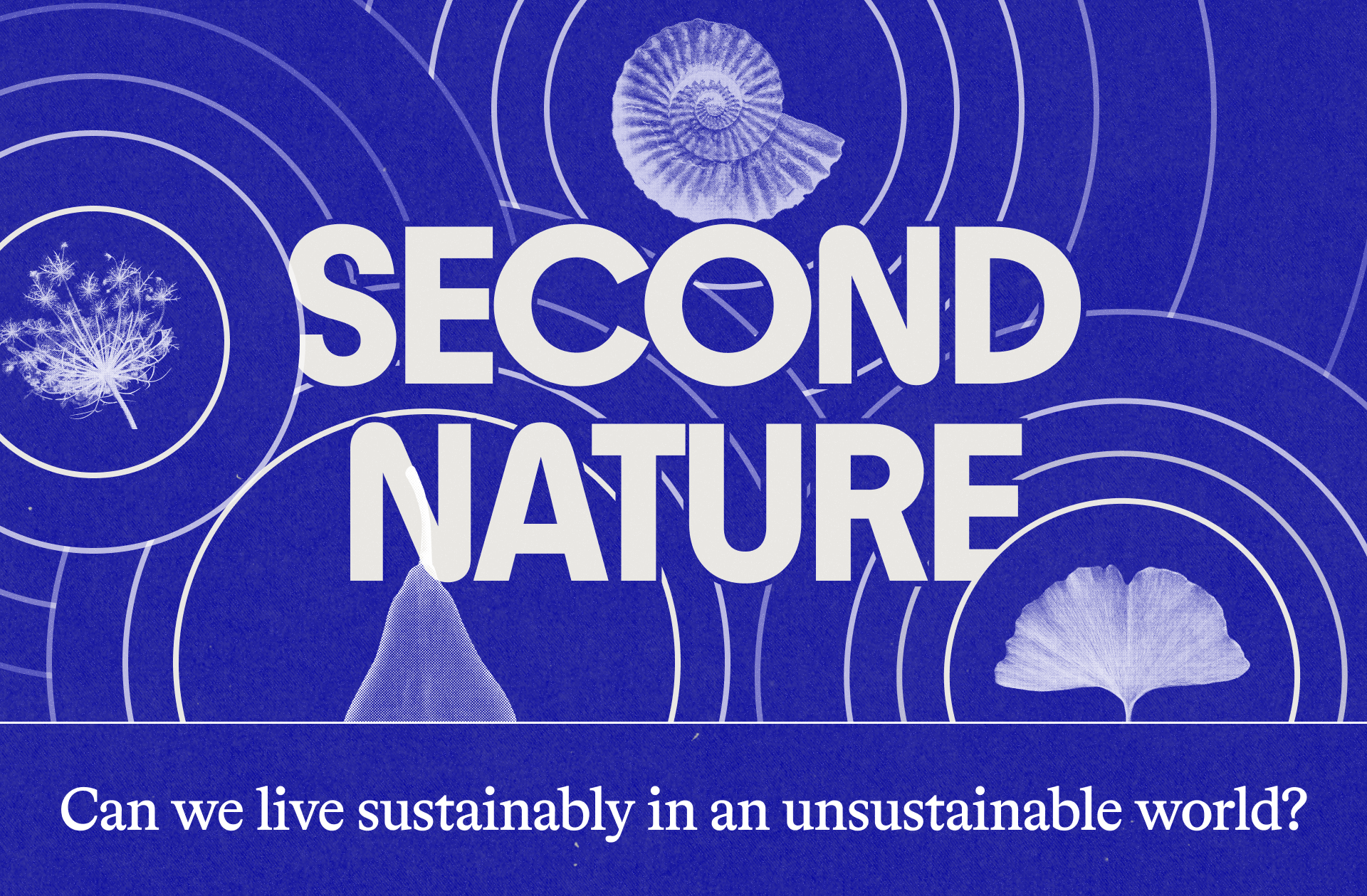
Second Nature is a show where imperfect environmentalists around the world can hear from everyday folks like themselves, learn from climate experts, and understand the real power of collective action.
Community is at the core of the show. When we set out to create Second Nature, every episode needed to be grounded in the concerns, questions, experiences, and voices of people around the world.
There are so many great climate and sustainability podcasts out there already, and community was the one thing we felt was missing.
Our goal was to create a show that not only informed and inspired, but also broadened people’s perspectives beyond their feeds, their cities, or even their countries. Collective action is hard to realize in our everyday lives, so with Second Nature, we hope to create long-distance, auditory camaraderie that encourages people to fight the good fight however they can, and know that they’re not alone.
The first, most crucial component of the podcast to figure out was community. Radio call-in shows are media relics, so how were we going to capture personal, honest audio that would form the foundation of our show? And how would we do it at scale?
We’ve designed a submission form flow that we’ve refined over the seasons. A listener fills out the form, selecting a few topics they’re most passionate about, then they receive questions on those topics with instructions on how to record their submission on their phone.
It was important to us to have an audio-first approach to this process. Podcasts have expanded to video, which is really exciting! But we found that when recording themselves on video, people become a bit more self-conscious and feel more rushed.
Our submission flow has amassed over 100 audio submissions, many exceeding 20 minutes. Turns out, Second Nature has created an opportunity for folks to have a climate confessional of sorts.
We’ve learned that many of our listeners feel alone and frustrated in their communities. They’re the nag in their friend group who’s advocating for composting or mending. But in the Second Nature inbox and amongst our listeners, they feel welcome and comfortable sharing their wins, setbacks, frustrations, and hopes.
As we cull through the audio submissions, we tag them with relevant topics and make notes about how we might approach the episode, questions we can answer, and solutions we can spotlight. We don’t shy away from conflicting opinions or look to represent a consensus. Instead, we find a throughline through conflict and nuance. It’s always strikingly powerful to hear voices on opposite ends of an issue (or the world) sound like they’re in conversation with one another: The beliefs of a mom in Denmark align so much with a woman in Greece, only she’s staunchly opposed to having children. A designer in Brooklyn uses AI mindfully, while an art student in Baltimore is vehemently against it.
The community montage is the first thing we work on for each episode. Then, with that as the north star, I write out the rest of the episode, and choose the best expert to interview for each topic.
Our expert segment comes right after our montage segment. In it, I interview a doctor, scientist, writer, or other expert on the topic at hand.
This has also proven to be a bit of a challenge. It’s a common podcast strategy to have on the most popular guests you can find — which of course, makes a lot of sense! But we’ve found that the popularity of a guest is not what brings listeners — it’s the topics. This revelation has been somewhat freeing. I was able to interview a Dutch respiratory immunologist about microplastics, and an MIT research scientist about why we’re hooked on Amazon — and these episodes were some of our biggest so far.
Only one year in, Second Nature has been featured by Apple Podcasts and was a podcast finalist for the Webby Awards. In just over a year, we’ve organically grown an audience of nearly 10k followers around the world and grown our Instagram community to 50k. Listeners have spent over 18k hours listening to Second Nature.
This early, organic success was only possible due to our obsession with a community-first approach.
Second Nature is a one-of-a-kind show that connects the experiences and concerns of people around the world, creating a big, yet intimate picture of how people are living sustainably within (and in spite of) the unsustainable systems they inhabit.
As we build trust with our community each season, we’re able to tackle more evocative topics with in more personal submissions and feature more niche experts to set our show apart.
